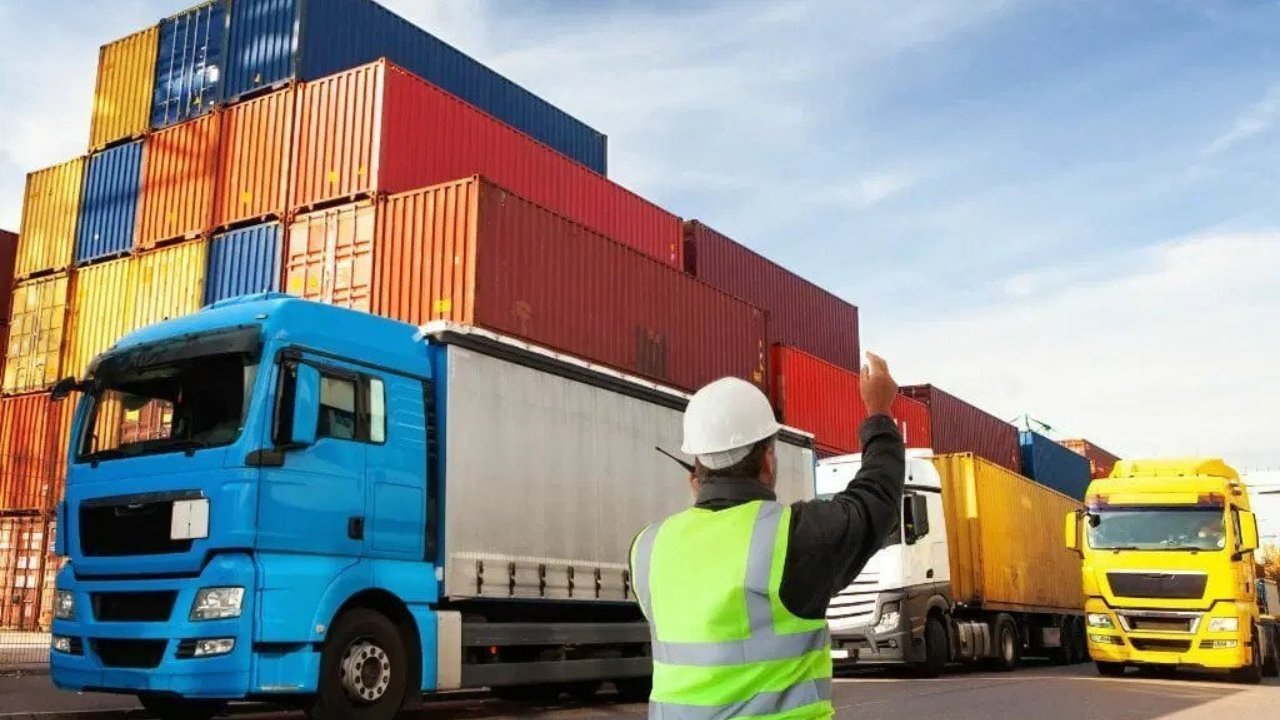The logistics and transportation sector has traditionally been dominated by large carriers, brokers, and manual processes. While these conventional systems have served businesses for decades, they often face challenges such as inefficiencies, lack of transparency, and high operational costs. Digital freight platforms, also known as freight aggregators, are emerging as a disruptive force, offering innovative solutions that are reshaping the way goods are transported, tracked, and managed.
Understanding Digital Freight Platforms
Digital freight platforms are online marketplaces that connect shippers with carriers in real-time. By leveraging technology, these platforms simplify the process of booking freight, optimizing routes, and managing shipments. Unlike traditional models that rely heavily on intermediaries, paper-based processes, and long negotiation cycles, digital freight platforms provide transparency, speed, and cost efficiency. They use data analytics, artificial intelligence, and mobile applications to match available carriers with shipment demands, ensuring seamless operations across supply chains.
Why Traditional Transport Models Are Being Challenged
Conventional transport models often involve multiple intermediaries, manual documentation, and opaque pricing. Shippers may struggle to find reliable carriers, while carriers may face empty miles and underutilized capacity. These inefficiencies lead to higher costs, delayed deliveries, and customer dissatisfaction. In contrast, digital freight platforms offer streamlined processes, real-time visibility, and automated workflows, making them an attractive alternative for both shippers and carriers.
Key Features of Digital Freight Platforms
Digital freight platforms incorporate several features that disrupt traditional logistics operations:
Real-Time Freight Matching
Aggregators use sophisticated algorithms to match shippers with available carriers instantly. This reduces wait times, minimizes empty runs, and ensures optimal utilization of resources. Companies can access a wider network of carriers without the need for long-term contracts, allowing flexibility and scalability in operations.
Transparent Pricing
Unlike traditional transport systems where rates may vary based on negotiations and hidden charges, digital platforms provide transparent pricing. Shippers can compare rates instantly, make informed decisions, and avoid unexpected costs. This level of transparency builds trust between shippers and carriers and fosters a competitive market.
End-to-End Tracking and Visibility
Digital freight platforms offer real-time tracking of shipments, allowing shippers to monitor cargo movement, estimated delivery times, and any delays. This visibility not only improves customer satisfaction but also enables proactive decision-making to address potential disruptions.
Data-Driven Insights
Platforms generate data on shipping patterns, carrier performance, and route efficiency. Businesses can use this information to optimize logistics strategies, reduce costs, and improve operational efficiency. Predictive analytics also helps anticipate demand surges and optimize capacity planning.
How Aggregators Are Transforming the Industry
Freight aggregators are reshaping the logistics landscape in several ways:
Reducing Dependence on Intermediaries
By directly connecting shippers with carriers, digital platforms reduce the need for brokers and third-party agents. This eliminates redundant costs and accelerates the process of booking and managing shipments.
Improving Operational Efficiency
Automation of booking, documentation, and tracking processes minimizes manual errors and administrative burdens. Carriers can receive assignments directly through mobile apps, while shippers can manage multiple shipments from a single dashboard.
Enhancing Customer Experience
Real-time updates, transparent pricing, and reliable delivery timelines improve the overall experience for shippers and end customers. Businesses can offer better service commitments and strengthen relationships with clients.
Encouraging Sustainable Practices
Digital freight platforms promote efficient route planning and better load utilization, reducing fuel consumption and carbon emissions. By minimizing empty runs and optimizing fleet operations, these platforms contribute to greener logistics practices.
Challenges Facing Digital Freight Platforms
Despite their advantages, digital freight platforms face certain challenges:
Integration with Legacy Systems
Many carriers and shippers still rely on traditional processes, making integration with digital platforms complex. Compatibility issues and resistance to change can slow adoption.
Regulatory Compliance
Cross-border shipments and diverse regional regulations require platforms to ensure compliance with customs, taxes, and transport laws. Non-compliance can lead to penalties and operational delays.
Data Security and Privacy
Handling sensitive shipment and business data requires robust security measures. Platforms must ensure that user data is protected from breaches and unauthorized access.
The Future of Digital Freight Aggregators
As technology adoption continues, digital freight platforms are expected to play a central role in the logistics ecosystem. Integration with Internet of Things devices, AI-driven route optimization, and blockchain-based documentation will further enhance efficiency and trust. The focus will likely expand from domestic freight to international shipping, enabling seamless cross-border operations. By embracing digital transformation, shippers and carriers can achieve greater flexibility, transparency, and competitiveness.
Conclusion
Digital freight platforms are transforming the logistics industry by disrupting traditional transport models. With real-time freight matching, transparent pricing, end-to-end tracking, and data-driven insights, these aggregators offer a more efficient, cost-effective, and reliable alternative to conventional systems. While challenges such as integration, compliance, and data security exist, the benefits of adopting digital platforms are undeniable. As technology continues to evolve, digital freight aggregators will play a key role in shaping the future of logistics, enabling smarter, faster, and more sustainable supply chains.
